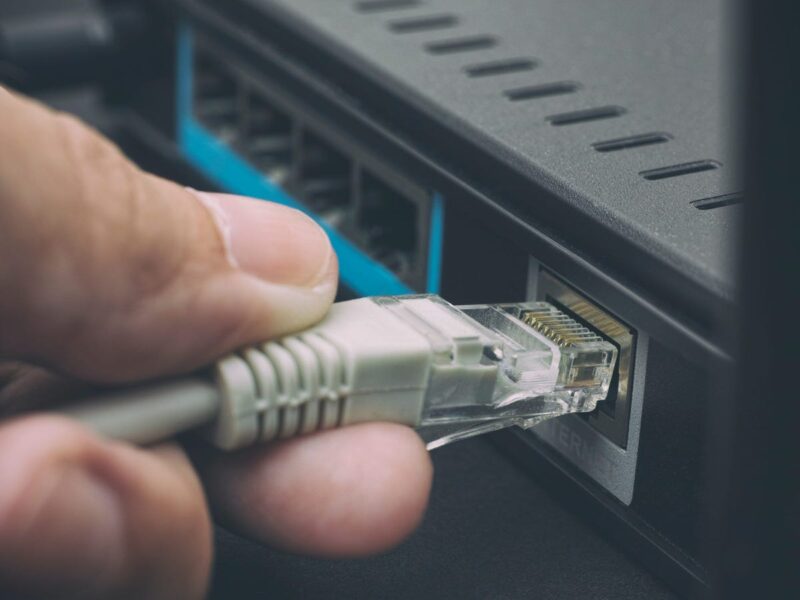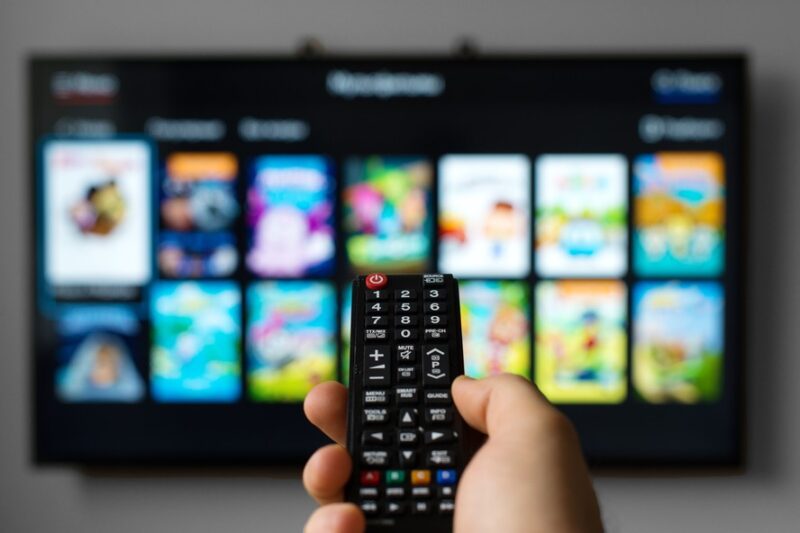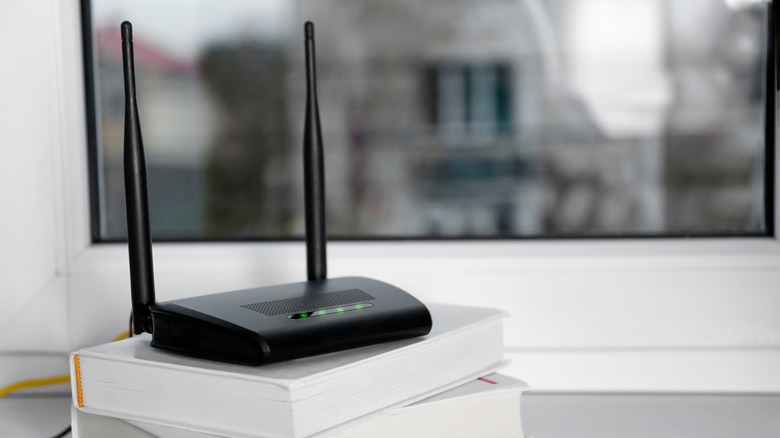Ever had your favorite show buffer at the exact moment a big reveal is about to happen? If your IPTV keeps letting you down at critical moments, you’re not alone. It’s frustrating, annoying, and feels like the universe is testing your patience. Don’t worry. We’ll sort it out together.
Key Points
- Common causes of IPTV interruptions.
- How internet connection affects performance.
- Device compatibility issues and quick fixes.
- Adjusting settings to reduce buffering.
- When to contact support or switch providers.
1. Is Your Internet Connection Sabotaging Your Entertainment?

First things first, your internet connection plays a massive role in streaming quality. If your Wi-Fi is slower than a snail’s pace, your IPTV won’t stand a chance. Streaming requires consistent speed, and anything below 10 Mbps could cause trouble.
Check your connection using a speed test. If the results are low, reboot your router. Place it closer to your streaming device. Sometimes, upgrading to a better plan or switching to a wired Ethernet connection fixes the issue.
For IPTV that works seamlessly, try IPTVNordic. They provide stable streaming with 24/7 support, so you can enjoy entertainment without interruptions: NordicIPTV.
2. Are Too Many Devices Fighting for Bandwidth?
Ever notice how streaming works fine until your roommate starts a Zoom call, someone begins gaming, or a phone updates itself? Bandwidth isn’t unlimited. If too many devices use the internet at the same time, it splits the speed.
Here’s what you can do:
- Disconnect unused devices.
- Schedule updates for off-peak hours.
- Set Quality of Service (QoS) settings on your router.
QoS allows you to prioritize certain activities like streaming over others. It’s a game-changer if you live with people who hog the internet.
3. Is Your Device Up to the Task?

Old hardware can’t handle modern IPTV features. A ten-year-old TV or a budget streaming stick will struggle to process high-definition streams. If your device freezes or reboots, it might be time for an upgrade.
When buying new devices, look for compatibility with HD and 4K streaming. Ensure your TV, set-top box, or app supports the format your IPTV uses. Apps are often updated, so make sure yours is running the latest version.
4. Fixing Annoying Buffering Issues
Buffering is the worst. Here’s how to minimize it:
- Lower the resolution. HD and 4K streams require more bandwidth. If your internet struggles, switch to SD.
- Restart the app or device. This clears cached data, which can slow performance.
- Limit background apps. Close everything except the streaming app.
- Update your firmware. Outdated software can cause lag and compatibility issues.
Sometimes, it’s as simple as logging out and back in. It refreshes the connection and often resolves minor glitches.
5. Are Your IPTV Settings Causing Problems?
Some settings cause unnecessary interruptions. For instance, auto-quality adjustment might keep flipping between resolutions, disrupting playback. Turn it off and manually set the resolution to a stable level.
Check the buffer size settings. Increase it slightly if you’re facing frequent stops. Don’t go overboard, though, as a large buffer means longer delays when switching channels.
6. When to Call Support

You’ve tried everything, but the problem persists. It’s time to get help. Contact your IPTV provider’s support team. A good provider will offer 24/7 assistance. If you don’t get a helpful response or the issue keeps recurring, it might be time to switch providers.
Before calling support, gather the following:
- Details of the problem.
- Device and app information.
- Internet speed test results.
Be polite but firm. Good providers value customer satisfaction and will offer solutions or compensation for persistent issues.
7. Avoid Common Pitfalls
Let’s address some common mistakes users make:
- Using VPNs that throttle speeds. Choose a reliable VPN that supports streaming.
- Ignoring app updates. Regular updates fix bugs and enhance compatibility.
- Overloading cheap devices. Streaming on low-performance hardware is a recipe for disaster.
- Forgetting to check server status. Some interruptions occur because the provider is doing maintenance.
8. Is It Time for a New Provider?
If everything else fails, it’s worth exploring other options. Look for a provider with high uptime, good reviews, and reliable support. Avoid deals that sound too good to be true. Stick with trusted names in the industry.
A good provider makes all the difference. No one wants to pay for unreliable entertainment. Make sure you pick one that fits your needs and budget.
9. Are You Overloading Your IPTV App?
Apps are not invincible. Running them for hours without restarting can create performance issues. They collect temporary data to function, but when this cache builds up, it slows everything down. Apps may even crash if they’re overwhelmed.
Clear the app cache regularly. This option is usually in the settings. Restart the app every few days, especially if you stream often. If the app is still misbehaving, uninstall it and reinstall the latest version.
10. Could Weather or Location Be the Culprit?

Satellite and wireless connections are affected by weather. Heavy rain, snow, or storms can disrupt the signal. If your IPTV relies on such connections, service interruptions during bad weather might be inevitable.
Your location also matters. Providers optimize their services for specific regions. If you’re using a service outside its primary area, the connection could be weaker.
Relocating equipment can help. Place your router near a window if you rely on wireless signals. Avoid obstructions like thick walls or metal furniture that interfere with signal strength.
Final Thoughts
Interruptions ruin the experience. But most problems have simple solutions. A stable connection, updated devices, and proper settings usually fix most issues. If not, contact your provider or consider switching.
Your entertainment shouldn’t feel like a battle. With a few tweaks, you’ll be back to enjoying your favorite shows without any hiccups.


